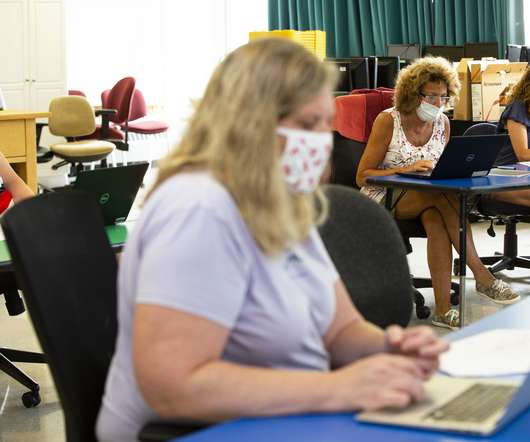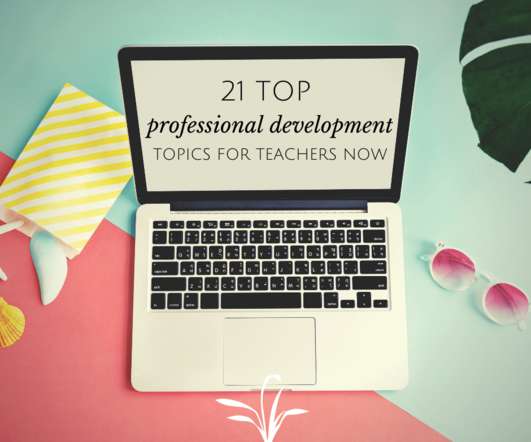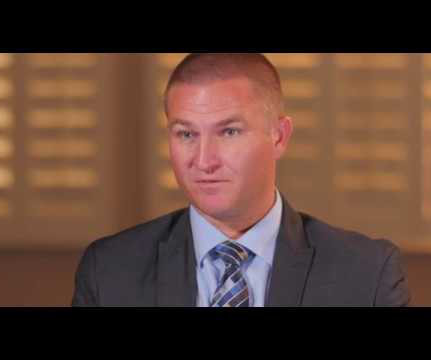Digital divide: Gap is narrowing, but how will schools maintain progress?
The Hechinger Report
AUGUST 25, 2021
School officials in the seaside town scrambled to purchase enough devices for all their students to learn online last year after the pandemic hurtled kids out of buildings. There’s a simmering sense of anticipation about how far educators have come with technology, and its potential to enhance student learning.















Let's personalize your content